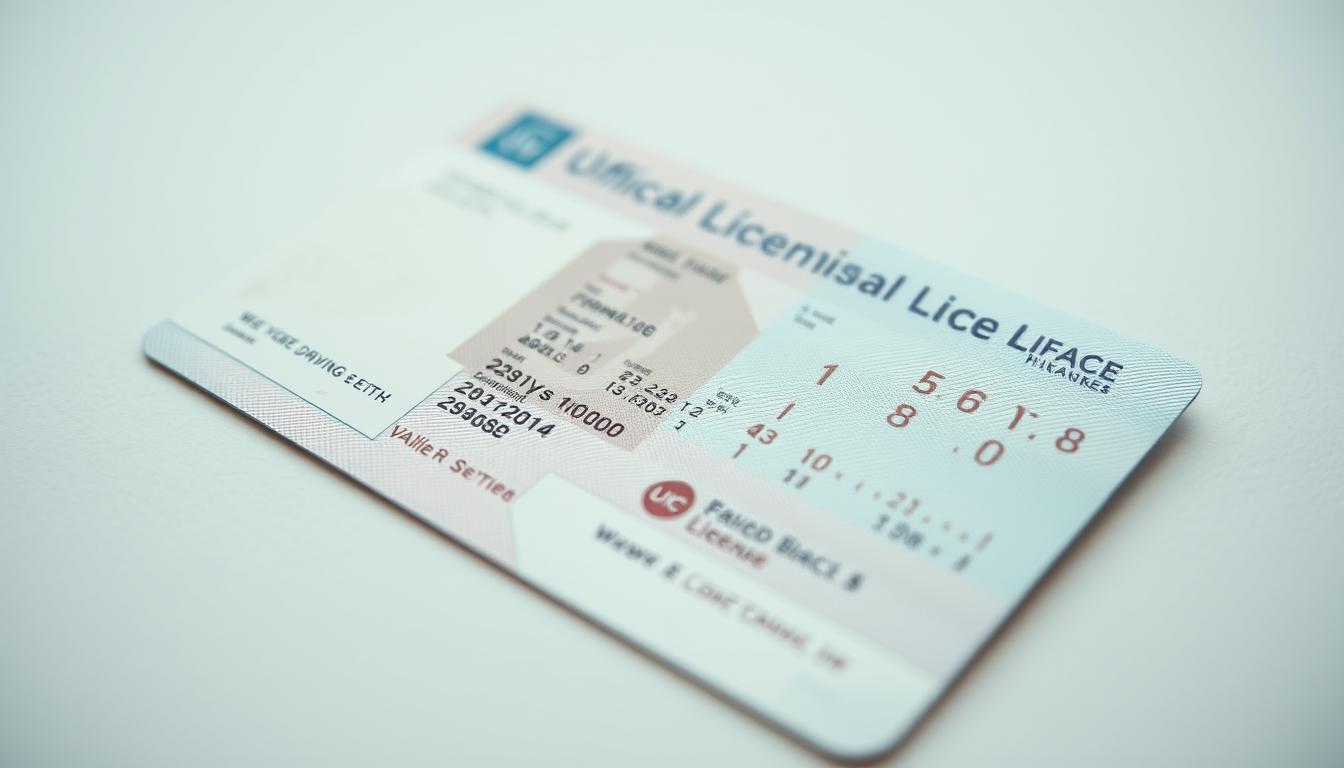UK Permit

UK Permit: Your Comprehensive Guide to Living and Working in the United Kingdom
Thinking about moving to the UK? It can be exciting, but also a little confusing. There are many rules and steps to follow. This guide breaks down the process of getting a UK permit. Whether you want to work, study, or join family, we’ll help you figure out what you need. Let’s get started!
Understanding the UK Visa and Permit Landscape
What’s the deal with visas and permits? A visa lets you enter the UK. A permit, on the other hand, lets you stay longer for a specific reason. These reasons can be for work, school, or family.
Types of UK Visas
Visas are generally for short stays. Think of them as tickets to enter. Types of UK visas include:
- Visitor Visas: For tourism, short business trips, or visiting family.
- Transit Visas: Needed to pass through the UK on your way to another country.
- Short-Term Study Visas: For courses lasting up to six months.
Types of UK Permits
Permits are for longer stays with a purpose. These are more involved than visas. Here’s a quick look:
- Skilled Worker Visa: For those with a job offer in an eligible skilled occupation.
- Student Visa: For those accepted into a UK educational institution.
- Family Visa: For those joining family members who are British citizens or settled residents.
Work Permits: Your Path to UK Employment
Want to work in the UK? You’ll likely need a work permit. The Skilled Worker visa is a popular option. There’s also the Intra-company Transfer visa. Other routes exist as well, so let’s dig in.
Skilled Worker Visa: Requirements and Application
To snag a Skilled Worker visa, you need a few things. First, you must have a job offer from a UK employer. This employer needs to sponsor you. Second, the job must meet a certain skill level. Also, you need to meet a salary threshold. This threshold changes depending on the job. The employer provides a Certificate of Sponsorship. This certificate is key to your application.
Intra-Company Transfer Visa: Moving Within Your Company
Got a job with an international company? You may be able to transfer to the UK branch. This is done through an Intra-Company Transfer visa. Your company needs to have a UK presence. You also need to have been working for the company for a certain time. This visa allows companies to bring experienced workers to the UK. It helps them fill positions they can’t fill locally.
Other Work Permit Options
The UK offers other work permit options too. Here are some worth considering:
- Global Talent Visa: For leaders in science, arts, and technology.
- Innovator Visa: For entrepreneurs with innovative business ideas.
- Start-up Visa: For those starting a new business in the UK.
Study Permits: Embarking on Your UK Education Journey
Dreaming of studying in the UK? You’ll need a Student visa. This used to be called the Tier 4 visa. It lets you study at a recognized UK educational institution. Let’s look at what you need.
Student Visa Requirements and Eligibility
To get a Student visa, you need a few things. Acceptance into a UK school is a must. The school must be an approved educational institution. You also need to prove you can speak, read, and understand English. This might mean taking a test, such as IELTS.
Financial Requirements for Student Visas
Money matters. You have to show you have enough cash to cover your tuition. You also need to cover living costs. The amount depends on where you study. London requires more money than other cities. Check the official UK government website for the exact figures. Bank statements and sponsorship letters are good ways to prove you have the funds.
After Graduation: Post-Study Work Options
Finished your studies? Want to stay in the UK? The Graduate visa is an option. It allows you to stay and work for up to two years after graduation. Some graduates may even be able to switch to a Skilled Worker visa. This lets them stay in the UK long-term.
Family Permits: Reuniting with Loved Ones in the UK
Want to join family in the UK? The Family visa route is for you. It’s for partners, spouses, children, and dependent relatives. They must be joining UK citizens or settled persons. There are rules about finances and housing. We’ll explore those now.
Spouse and Partner Visas: Eligibility and Application
If you’re married to a UK citizen, you can apply for a Spouse visa. The same goes for partners. You’ll need to prove your relationship is real. Photos, messages, and joint accounts can help. There’s also a financial requirement. Your partner needs to earn a certain amount of money. Or, you need to have enough savings.
Child Visas: Bringing Your Children to the UK
Bringing your kids to the UK? You can do it under the Family visa route. The child must be dependent on you. You need to prove you can support them. Also, you need to show that your housing is suitable for a child.
Other Family Visa Options
There are other Family visa options too. These include visas for parents, dependent relatives, and adult dependent relatives. These visas have strict requirements. They usually involve proving a high level of dependency.
Application Process and Essential Tips
Applying for a UK permit can feel like a lot. But don’t worry! Here’s a step-by-step guide. You’ll apply online, gather your documents, and attend a biometrics appointment. An interview might be needed, too.
Preparing Your Documents
Getting your documents ready is key. Here are some common ones:
- Passport
- Birth certificate
- Marriage certificate (if applicable)
- Proof of funds (bank statements, etc.)
- Job offer or acceptance letter from a school
Make sure these are organized and easy to read.
Navigating the Online Application
The online application can be tricky. Pay close attention to each section. Answer all questions truthfully. Double-check everything before you submit.
Biometrics and Interviews
You’ll need to give your fingerprints and photo. This is part of the biometrics appointment. You might have an interview as well. Dress professionally and be ready to answer questions about your application.
Common Reasons for Permit Refusal and How to Avoid Them
Permit got denied? It happens. Common reasons include incomplete applications, not enough funds, false info, and a criminal record.
Avoiding Common Mistakes
Watch out for these errors:
- Leaving sections blank on the application.
- Submitting documents that are not clear or translated.
- Providing conflicting information.
Ensuring Financial Stability
Make sure you meet the financial requirements. Show clear proof that you have enough money. This could be bank statements, pay slips, or letters from sponsors.
Seeking Professional Help
Think about getting help from an immigration lawyer. They know the rules inside and out. They can help you avoid mistakes and boost your chances.
Conclusion: Your Journey to the UK Begins Now
Getting a UK permit can seem hard. Yet, knowing what you need to do makes a huge difference. Check your eligibility, prep your application, and dodge common mistakes. Remember, rules change, so stay updated and get help when needed. With the right moves, your dream of living in the UK can come true!

Leave a Reply